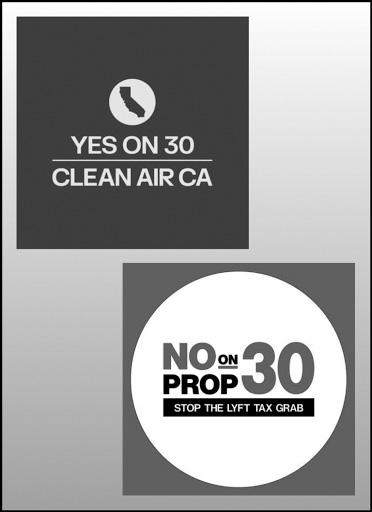
2 minute read
Prop 28 increases arts funding
By Kaitlyn Tchang
California voters found Prop 28 on their ballots.
Advertisement
98, which narrowly passed over three decades ago and forced California to allocate a minimum percentage of its budget to K-14 education.
Prop 28 will divert 1 percent of Prop 98’s allocated funds to arts and music education—doubling the amount of funding these categories have historically been allotted. 30 percent of be sent to public schools with low-income students and 80 percent of the funding each school receives will be required to be spent on hiring full-time music and art teachers. Prop 28 is predicted to increase California’s spending by up to $1 billion annually.
Supporters of Prop 28, argue that most California public school students are receiving inadequate music and arts education. This is due to art programs often being the distress. Supporters believe that Prop 28 will end this cycle California students high-quality arts programs.
Victor Bahng
By Victor Bahng
This November, seven propositions were included on the ballot, introducing Prop 30, which would have added a new tax on the wealthy to help fund and spread more access to Zero-Emission Vehicles (ZEVs) prevention.
Prop 30 would have required California taxpayers that earn an annual salary of over $2 million to pay for an additional tax bracket of 1.75 percent. The estimated $3.5 to 5 billion that will be accumulated each year to reduce carbon emissions by prevention programs as well as ZEV programs, which will help Charging stations would also have been installed with the revenue.

Of the $3.5 to 5 billion, 80 percent of the total revenue
This proposition would have and last for about 20 years, depending on whether the goal of reducing carbon emissions by 80 percent of the 1990 level emissions (roughly 431 million metric tons) for three continuous years.
With a glance, this proposition stands out as a wonderful decision for the ongoing battle of reducing carbon emissions. The subject is being approached more frequently as people become more aware and worried about the unpredictable future and stress action for it. But even with this seemingly angelic prop, there were still opposers. Their main argument was their opposition to the transportation company, Lyft, with Governor Newsom stating “it [Prop 30] was devised by a single corporation, to funnel state income taxes to benefit their company.” To clarify, in 2018 the E-Car bill was signed which required ridesharing companies, such as transition to ZEVs. Studies have shown that drivers were producing a lot of carbon idling or driving to customers, which is what led to the mandate.
Meanwhile, opponents of Prop 28 argue that the ballot initiative’s locked-in funding may prove dangerous in times of economic distress. They worry that forcing money allocation to the arts means that during future tough times, damaging cuts to more essential needs
Reform America instead urges voters to elect “better school board members to spend the existing education dollars more









